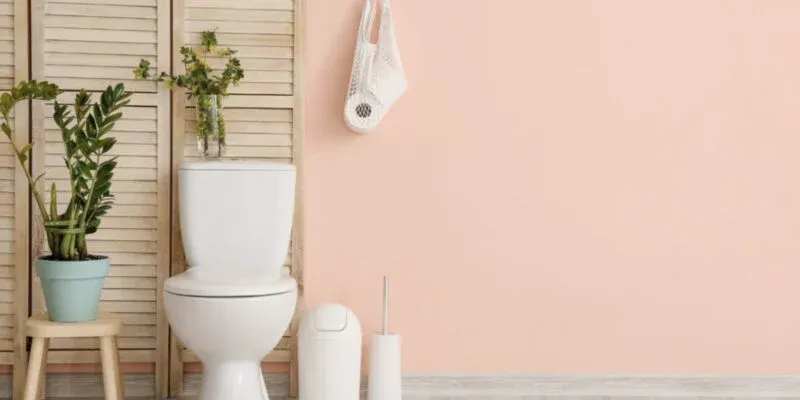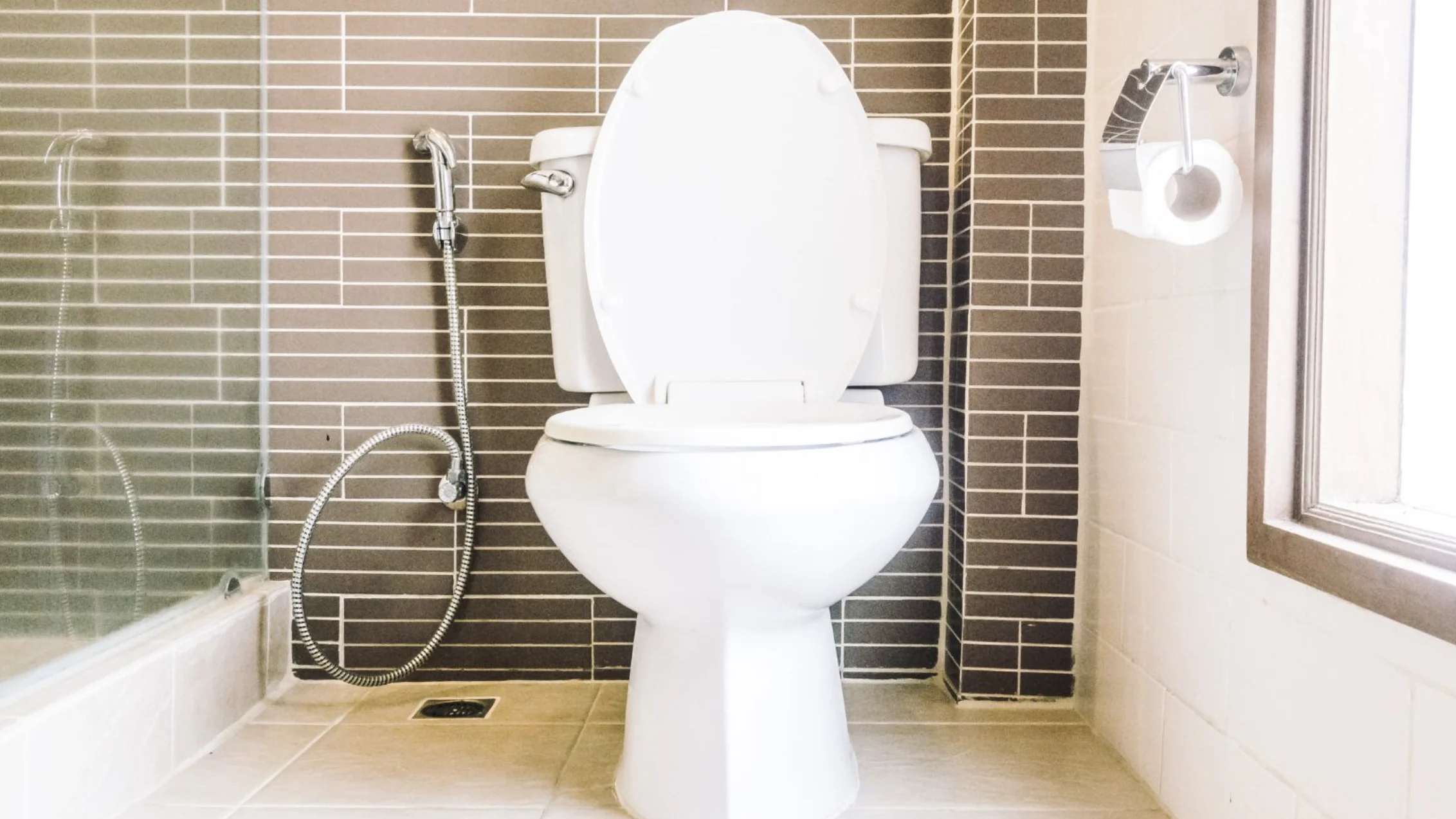
Why Does My Pee Sink to the Bottom of the Toilet? Explained
Have you ever noticed that your urine sinks to the bottom of the toilet? It’s a question that many people have, and the answer lies in the density of urine and its interaction with water.
Urine consists of various waste products like water, salts, urea, and toxins. These substances can affect its density, making it either lighter or heavier than water. When urine is less dense than water, it tends to float. But when it’s denser, it sinks to the bottom of the toilet bowl.
Why Does My Pee Sink to the Bottom of the Toilet?
Understanding why your pee sinks to the bottom of the toilet requires a look into the density of urine. Several factors influence urine density, including hydration levels, diet, and specific medical conditions.
Hydration Level:
Your hydration level plays a significant role in determining urine density. When you’re well-hydrated, your body produces more dilute urine with a lower specific gravity, causing it to float. Conversely, when you’re dehydrated, your kidneys work to conserve water, producing more concentrated urine with a higher specific gravity, which may sink.
Diet:
What you eat can also impact the density of your urine. Diets rich in salt, protein, or certain foods and drinks can increase the concentration of substances in your urine, which may make it denser. On the other hand, a diet with higher water content can produce more diluted urine.
Medical Conditions:
Certain medical conditions can also influence urine density. For example, conditions like diabetes insipidus or uncontrolled diabetes mellitus might cause diluted urine, while dehydration caused by illnesses such as vomiting or diarrhea can result in more concentrated, denser urine.
The Role of Specific Gravity:
To assess urine density, healthcare professionals often use a measure called specific gravity. This measures the ratio of the urine’s density compared to distilled water. A low specific gravity indicates dilute urine, while a high specific gravity suggests concentrated urine, often due to dehydration or medical conditions.
In short, the sinking of your pee in the toilet is related to its density, which is affected by hydration, diet, and health conditions.

Possible Medical Conditions Related to Sinking Pee
Urinary Tract Infections and Urine Density
One potential cause of sinking pee is a urinary tract infection (UTI). UTIs occur when bacteria infect parts of the urinary system, including the bladder, kidneys, ureters, and urethra. Symptoms of a UTI include frequent urination, pain or a burning sensation during urination, and cloudy or foul-smelling urine.
In some cases, a UTI can lead to dehydration, which may concentrate the urine and increase its density. This increased density can cause urine to sink rather than float. If you experience changes in your urine along with symptoms of a UTI, it’s important to seek medical advice for proper diagnosis and treatment.
Kidney Disease and Its Impact on Urine Density
Another medical condition that can result in sinking pee is kidney disease. The kidneys filter waste products from the blood and produce urine. When kidney function declines due to conditions such as chronic kidney disease or acute kidney injury, it can affect urine density.
In advanced stages of kidney disease, the kidneys may struggle to filter waste efficiently, leading to higher concentrations of substances like protein or red blood cells in the urine. These increased concentrations can make the urine denser, causing it to sink instead of floating.
Conclusion
Urine density can be influenced by various factors, including hydration levels, diet, and medical conditions like UTIs and kidney disease. If you notice significant changes in your urine or experience symptoms related to urinary health, it’s best to consult with a healthcare provider for a thorough assessment.
Source: https://sportsfanfare.com/2023/10/11/explained-why-does-my-pee-sink-to-the-bottom-of-the-toilet/
